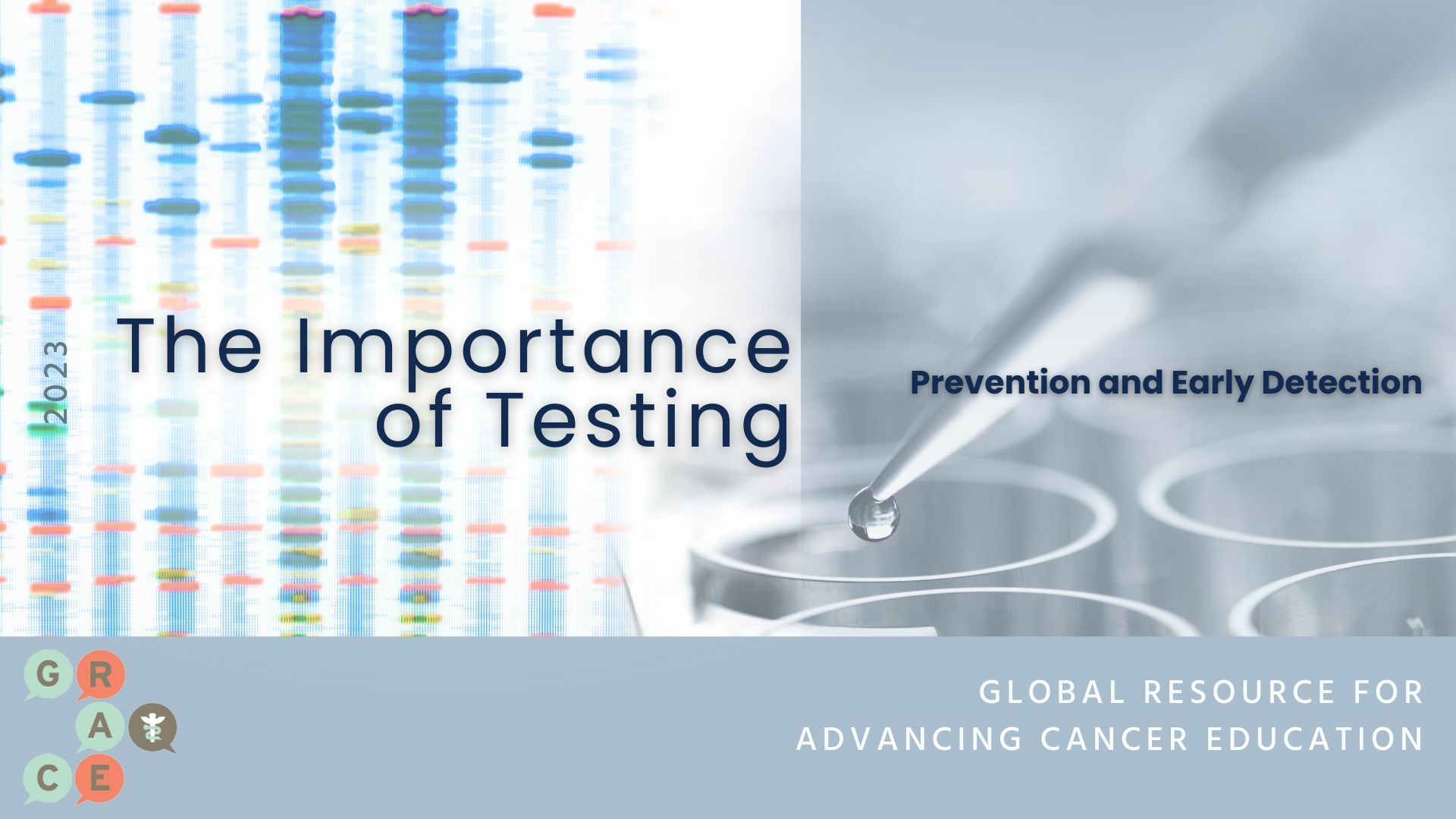Article and Video CATEGORIES
Dr. Pinder previously covered the potentially clinically relevant target of HER2/neu (HER2) mutations for lung cancer. Specifically, she noted that Herceptin (trastuzumab), an antibody against the HER2 receptor (in the same family as EGFR, which is also known as HER1), but it hasn't been especially impressive in NSCLC thus far. For example, an ECOG phase II study by Dr. Langer (who was a mentor of Dr. Weiss's at the University of Pennsylvania) looked at a target population of patients with advanced NSCLC and HER2 protein expression by immunohistochemistry (IHC). This captures a large proportion of people with NSCLC, but it may be so broad a population that it dilutes the subset whose cancer is especially driven by HER2. Instead, mutations in the HER2 gene, similar to mutations in EGFR that are far better studied in NSCLC, appear to be present in about 3-4% of patients with NSCLC. While this population may be far more likely to benefit greatly from HER2-targeted therapy, this is an essentially completely untested hypothesis.
An article by Li and colleagues out of Shanghai was just published in the Journal of Thoracic Oncology evaluates and attempts to better characterize this population of patients with a HER2 mutation a little more. They reviewed tissue from the cancers of 224 consecutive patients with a lung adenocarcinoma in their tumor registry, looking for EGFR, KRAS, and HER2 mutations. It should be noted that this population, which is evenly split between men and women but is 62% never-smokers, only 5% stage IV, and entirely Chinese, is clearly a clinically distinct population from the more heterogeneous NSCLC populations seen in Europe or North America, but it's interesting that they saw a HER2 mutation in 3.6% of patients. This is in contrast with a 64.4% prevalence of an EGFR mutation (wow!) and a 4.5% prevalence of a KRAS mutation -- and these were all mutually exclusive of each other: (click on image to enlarge)
(click on image to enlarge)
Interestingly, all of these HER2 mutations were in female never-smokers (Dr. Pinder had also noted that these are known associations with HER mutations in NSCLC). If you looked only at the lung adenocarcinoma patients who don't have an EGFR mutation or KRAS mutation, the prevalence was 11%.
Another interesting point is that while there hasn't been a completed study of HER2-inhibiting targeted therapy for NSCLC patients with a HER2 mutation, there is an interesting report in the New England Journal of Medicine by my Italian friend Federico Cappuzzo and colleagues that describes their favorable experience treating a heavily pre-treated patient with a HER2 mutated advanced NSCLC with a combination of Taxol (paclitaxel) and Herceptin that led to a very impressive result (of note, he also mentions the likely error of using Herceptin in too broad a population of patients with HER2 protein expression, rather than the much smaller population with a HER2 mutation).
We're definitely learning that the lung cancer populations in different locations vary in genetics along with their prevalence of smoking history, distribution of NSCLC histologic subtypes, and sex balance, so we can't generalize from Shanghai to the rest of the world. But there is an emerging theme that HER2 may well be a clinically relevant population who are present in sufficient numbers to do meaningful trials. Moreover, as testing for EGFR, KRAS, and ALK becomes more commonplace and we have tissue more readily available, it may be far more feasible to identify patients who could be very well served by being treated with HER2-targeted therapy that is already commercially available.
About 10 years ago, when Dr. Langer was first summarizing his experience in treating lung cancer patients with Herceptin, he identified that there could be a small population who did especially well with it but noted that the proportion of patients appeared to be so small that we would need to do an "intergalactic" trial to identify sufficient numbers to test this approach meaningfully. Today, broad testing for molecular markers is far more common, and we've just seen the FDA approval of a drug (XALKORI, also known as crizotinib) that is known to be very effective for a population that amounts to around 4% of the NSCLC population. The world of "molecular oncology" sees these 2-5% populations as a challenge but very worthy of study. It may require patients going to where the trials are, rather than having the ideal trial for them available in the same city, but I hope and expect that we'll see HER2-mutated lung cancer studied far more in the next few years, and hopefully we'll find another limited population for whom we can identify a very effective therapy. And this work may lead to advances in treatment of the much broader NSCLC population as well.
Please feel free to offer comments and raise questions in our
discussion forums.
Forum Discussions
Hi Blaze,
As much as I hate to say it, Welcome back Blaze. It sounds like you're otherwise feeling good and enjoying life which is a wonderful place to be. ...
Waiting for my appointment with oncologist this morning. Thank you for the response. It helps. <3
It sounds like you’re thinking of this in a very appropriate way. Specifically, it sounds like the growth of the nodule is rather modest, though keep in mind that the change...
Hi and welcome to GRACE. I'm sorry your mom is having this difficulty. An indwelling catheter is used when the pleura space continually fills and the catheter is always there to...




